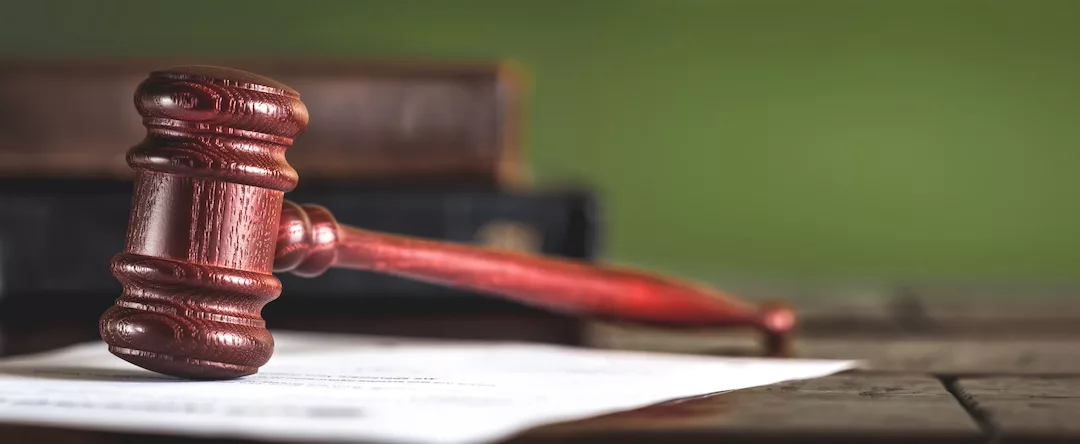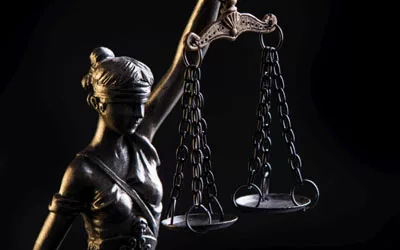by Stephen Howard | Aug 13, 2024 | Criminal Defense
Jurisdiction for Felony Cases in Utah Third-degree felony cases in Utah are handled by the district courts, which have the authority to hear and decide on felony cases. Utah is divided into eight judicial districts, each serving specific counties: First District: Box...

by Benjamin Keller | Aug 13, 2024 | Utah Appellate Court Opinions
Facts In 2021, Michael Kufrin was convicted of having murdered his girlfriend Peggy in 1988. The facts leading to the eventual discovery of Peggy’s murder, Kufrin’s conviction, and the current appeal of that conviction are as follows: In 1988, Peggy was last seen...
by Bradley Henderson | Aug 12, 2024 | Criminal Defense
As criminal defense attorneys, we often encounter clients who, while technically guilty of a third-degree felony (F3) in Utah, do not deserve the severe punishment or long-term collateral consequences associated with such a conviction. Consider the case of a...

by Megan Fowles | Aug 12, 2024 | Criminal Defense
At Stone River Law, our commitment to a client-centered approach ensures that you receive a truly exceptional legal experience, setting us apart from other firms. Embracing a Client-Centered Mindset We prioritize understanding your needs, expectations, and preferences...

by Megan Fowles | Aug 12, 2024 | Criminal Defense
Introduction When faced with the charge of Simple Assault under Utah Code 76-5-102, it’s crucial to understand what that charge entails, the potential punishments, and possible defenses. This article aims to provide a guide to help you navigate the complexities...

by Bradley Henderson | Aug 9, 2024 | Criminal Defense
Many lawyers only celebrate their “not guilty” verdicts. Similarly, many defendants believe the only way to win a criminal case is to hear those exact words. This type of thinking can set you up for failure, especially when guilt or innocence is not in question. Three...



